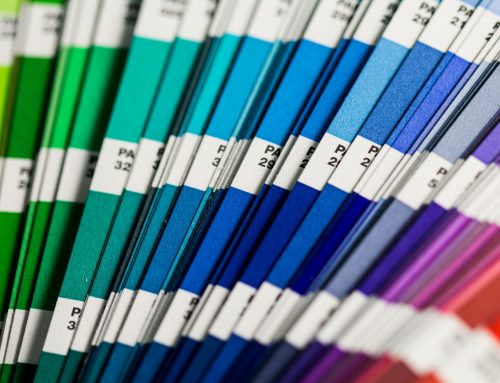Have you got old, rusted relics sitting at home that are screaming for a new life? Or just don’t have the time or money to replace grandma’s refrigerator she passed down to you, even though it’s peeling worse than your Aussie sunburn?… Sounds like powder coating may just be the cold aloe vera you’ve been looking for!
Powder coating is a long-term cost-effective process that creates an appealing and smooth finish to your items, however, it is important that it is applied to the right surfaces to ensure maximum longevity and easy maintenance. If it’s done wrong or applied to the wrong surface, you may end up paying more than you bargained for and in time having to deal with even more peeling paint! Luckily for you, you won’t have to worry about any of that as we are going to tell you all the dos and don’ts when it comes to what you can and cannot powder coat.
What materials can I Powder Coat?
The most common material that undergoes the powder coating process is metal due to its ability to hold an electrostatic charge, in other words, it allows the powder to stick to the grounded metal better due to its electrostatic attraction to each other… how romantic! Metals such as aluminium, stainless steel, brass, mild steel, galvanised and electroplated steel are all examples of metals that can be powder coated. Aside from metal, there are still many other materials that can be finished with a powder coat. Materials such as glass, wood and carbon fibre can all be powder coated, however, they must first be heated to a specific curing temperature to allow the powder to stick effectively. Plastics including polyetherimide, polyphenylene and glass-filled nylon are also some of the few plastic materials that can withstand the process of powder coating successfully, but still there are some that cannot.
What are some objects that I CAN Powder Coat?
Now depending on who you are and what you do there is a range of items you can powder coat.
For the tradie, you can powder coat items such as,
- Railings
- fences
- Doors
- Windows
- Steel staircases
- Automotive products (tractors, Ute trays, automotive bodies, wheels)
- Cabinets etc.
For the husband whose wife has been nagging them to buy a new dishwasher, you can tell them not to worry as yes, that’s right it can in fact be powder coated, saving you both time and money! Many other household items can also be powder coated including,
- Door handles
- Air conditioners
- Kitchen appliances (coffee machine, mix master, hanging lights, glass vases or bowls)
- Laundry appliances (washing machine, dryer, baskets)
And lastly, for the restoration junkies like us, you can powder coat items like,
- Garden statues
- Bike frames
- Furniture (chairs and tables)
- Rims (car wheels)
At Vivid Powder Coating, we also offer a broad range of Dulux-accredited colours, meaning you can achieve greater consistency in colour matching to your other Dulux-painted items, giving you peace of mind!
What objects should I NOT Powder Coat?… Can I Powder Coat Plastic?
Though many items can be powder coated, there are still some we don’t recommend! Any materials that cannot withstand the heat of a powder coating oven temperature of approximately 220 Degrees Celsius should NOT be powder coated. This means we don’t recommend materials such as rubber and certain plastics (PS, ABS, PC) to be finished, unlike the ones mentioned earlier due to the fact they will melt and deform during the heating process!
If in doubt about whether you can powder coat your desired item, it’s always wise to contact an expert and luckily for you, our friendly team at Vivid Powder Coating in Ballina is the best!




